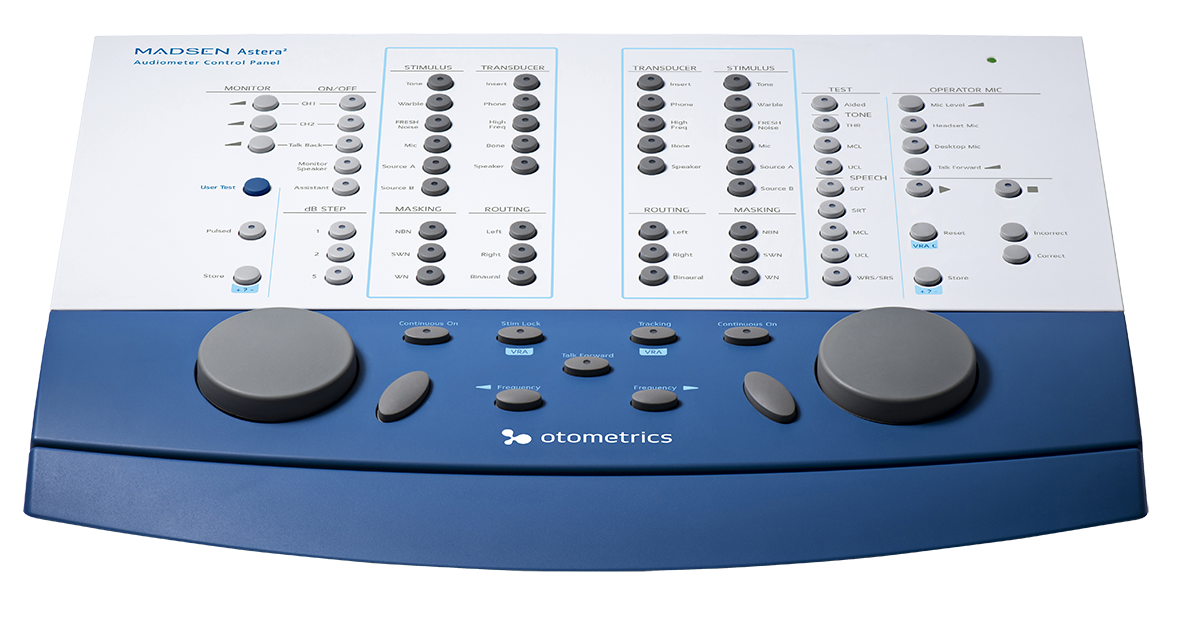
Central Auditory Processing Testing
Central Auditory Processing Testing
-
- MedEar provides central auditory processing testing for both children and adults who may experience the one or some of the following signs and symptoms of an central auditory processing disorder (CAPD).
According to the American Speech-Language-Hearing Association (ASHA), signs and symptoms of CAPD may include one or more of the following behavioral characteristics:
– Difficulty localizing sound
– Difficulty understanding spoken language in competing messages, in noisy backgrounds, in reverberant environments, or when presented rapidly
– Taking longer to respond in oral communication situations
– Frequent requests for repetitions, saying “what” and “huh” frequently
– Inconsistent or inappropriate responding
– Difficulty comprehending and following rapid speech
– Difficulty following complex auditory directions or commands
– Difficulty learning songs or nursery rhymes
– Misunderstanding messages, such as detecting prosody changes that help to interpret sarcasm or jokes
– Poor musical and singing skills
– Difficulty paying attention
– Being easily distracted
– Poor performance on speech and language or psychoeducational tests in the areas of auditory-related skills
– Associated reading, spelling, and learning problems
– Difficulty learning a new language
ASHA states that this list is illustrative, not exhaustive, and these behavioral characteristics are not exclusive to CAPD. The signs and symptoms may be present with other disorders (e.g., learning disability, language impairment, ADHD, and autism spectrum disorder).
What Is a Central Auditory Processing Disorder
CAPD, also known as central auditory processing disorder, isn’t hearing loss or a learning disorder, rather an issue with the way that the brain does not interpret or hear sounds in the typical way. An Auditory Processing Disorder refers to the abnormal interaction of hearing, neural transmission and the brain’s ability to make sense of sound. People with auditory processing disorders have normal hearing, but they have difficulty understanding auditory information. People of all ages can have an auditory processing disorder. Doctors do not know the exactly what causes CAPD, but research suggests it may be linked to certain illness (ear infections, multiple sclerosis), head injury, low birth weight and/or genetics.
How MedEar Can Help
MedEar, together with parents, educators, physicians, speech-language pathologists and others realize the role that auditory processing plays. In order to test for CAPD, a battery of audiometric tests will be administered by our audiologist. Individualized remediation programs are available to help strengthen auditory processing skills in children and adults with auditory processing disorder. MedEar believes in collaborating with a multidisciplinary team to establish a treatment plan and approach.

